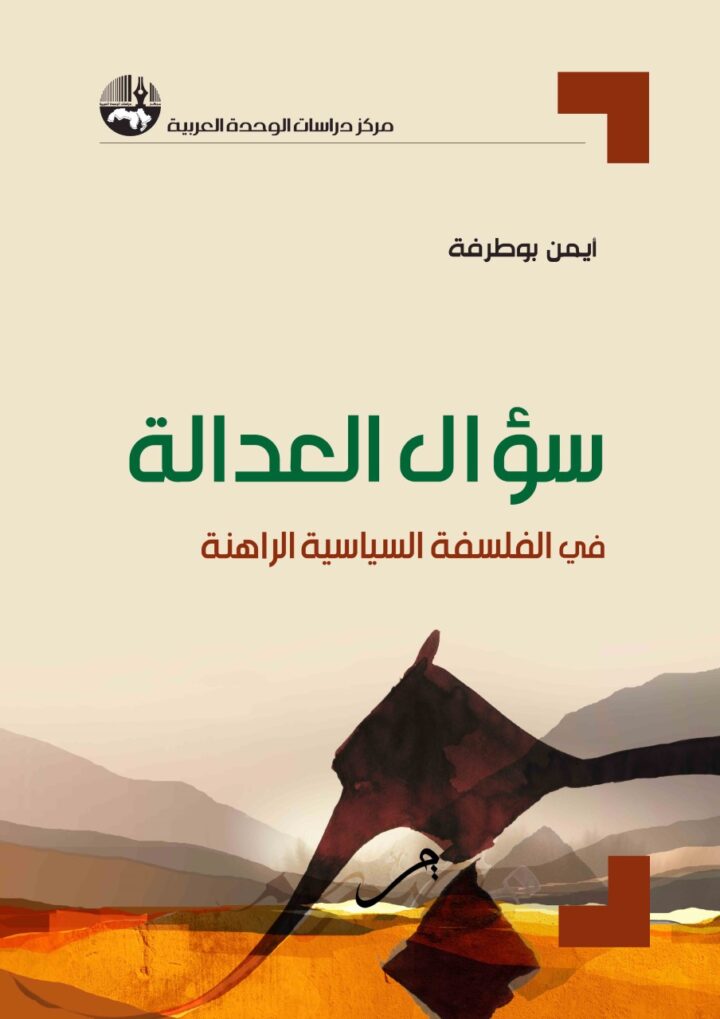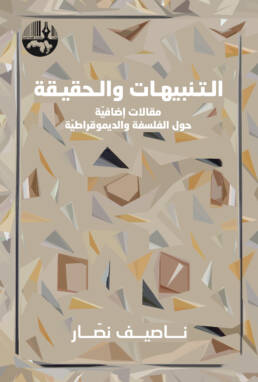The Center for Arab Unity Studies published the book The Question of Justice in Current Political Philosophy, by Dr. Aymen Boutarfa.
The publication of John Rawls’ book A Theory of Justice represented a major turning point in the history of political philosophy, a turning point that brought the question of justice back to the center of current philosophical discussions, making justice the focus of all current political philosophical thinking. One of the most prominent features of this juncture was that the philosophy of justice became a theory in political and social philosophy rather than an abstract philosophical theory.
In the current philosophical and political context, several intellectual currents were formed, within which philosophical theories of justice were formed too; many of which were of Anglo-Saxon philosophical trend. Thus, the liberal left and right currents, and the collectivist current, appeared within it, and the question of justice was raised in the various debates of the current continental philosophy.
Advocates of the liberal right call for the primacy of freedom over equality, and in this they are based on a classic conception of liberalism that says the priority of freedom and the necessity of the moral neutrality of the state. While the liberal left defends the priority of equality and the need for social justice sponsored by the state. Communalism defends the primacy of the common good, and the primacy of society over the individual. While continental philosophy is concerned with the question of justice through several thinkers, philosophers and schools of thought, most notably the German critical school.
The question of justice is a key question in the current political philosophy debates, through which it is possible to understand the nature of the current historical stage and its consequences, by examining its interactions with the various political, social, cultural and intellectual problems at the present time.
Add a review
You must be logged in to post a review.
You May Also Like
Pathways to Progress: Introductions to Foundations and Policies
Price range: 6 $ through 10 $
Vladimir Jankélévitch: Ethical Hearing through an Aesthetic Counseling
Price range: 6 $ through 10 $
Admonitions and Truth: Additional Essays on Philosophy and Democracy
Price range: 10 $ through 13 $
The Arab Renaissance Initiative: A Critical Review
Price range: 5 $ through 8 $
Comprehending the Judicious Qur’an: A Clear Exegesis According to the Sequence of Revelation (Part Three)
Price range: 10 $ through 12 $
Introduction to the Philosophical Sciences: Contemporary Rationalism and the Development of Scientific Thought
Price range: 10 $ through 13 $
Studies in the History of Theology and Philosophy
Price range: 12 $ through 19 $








